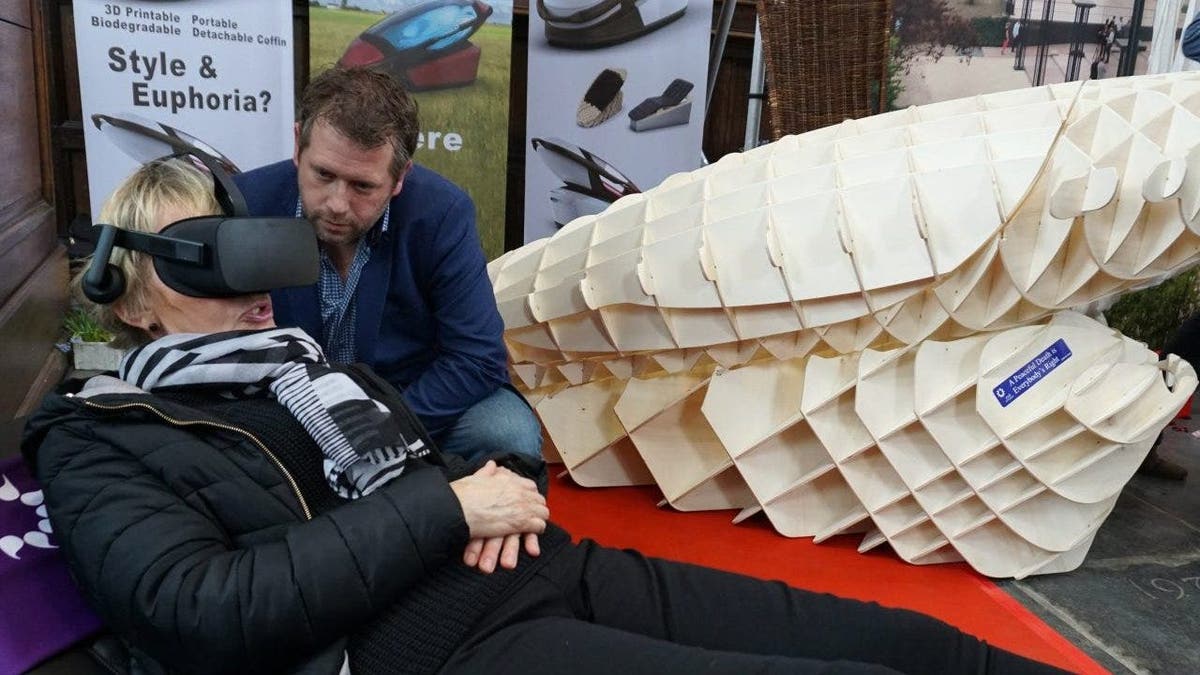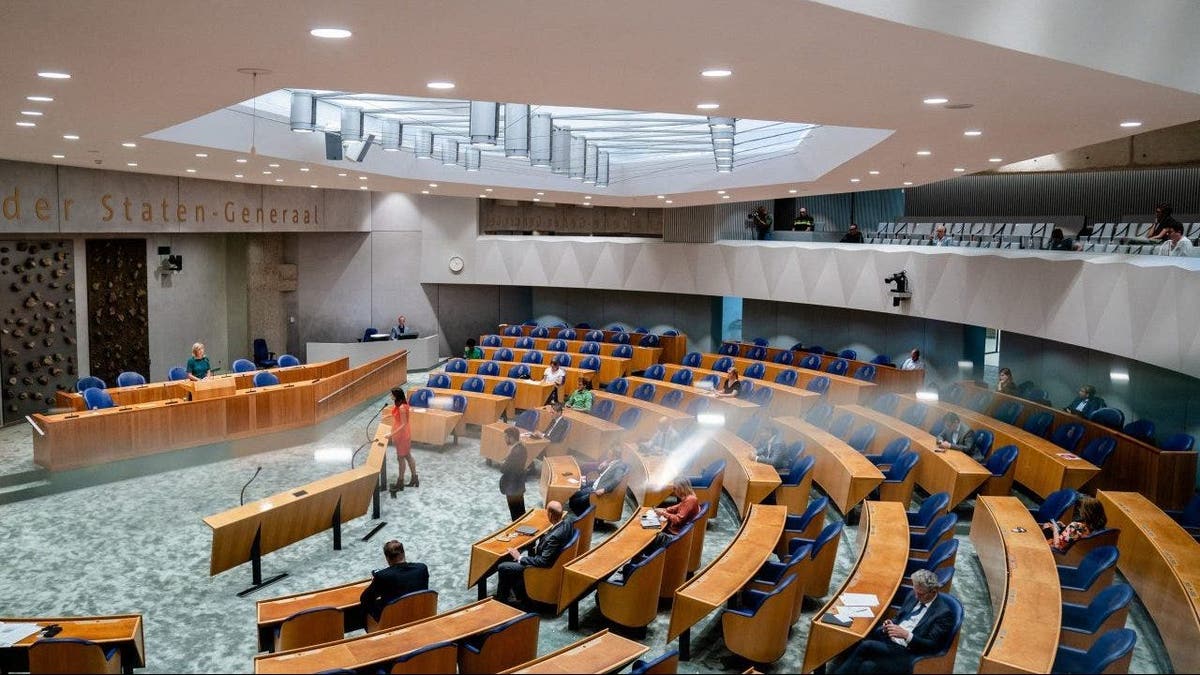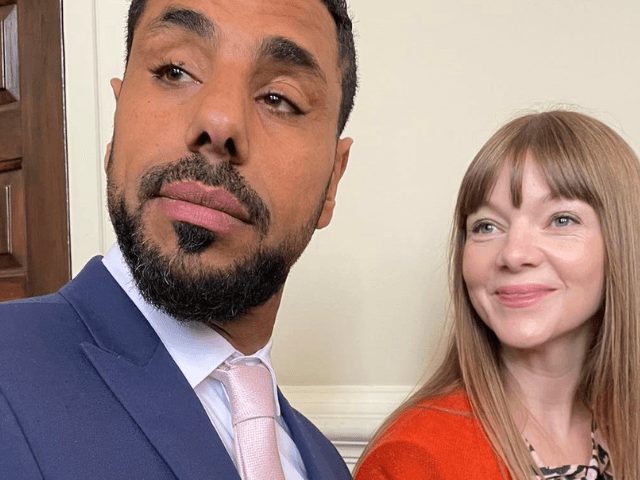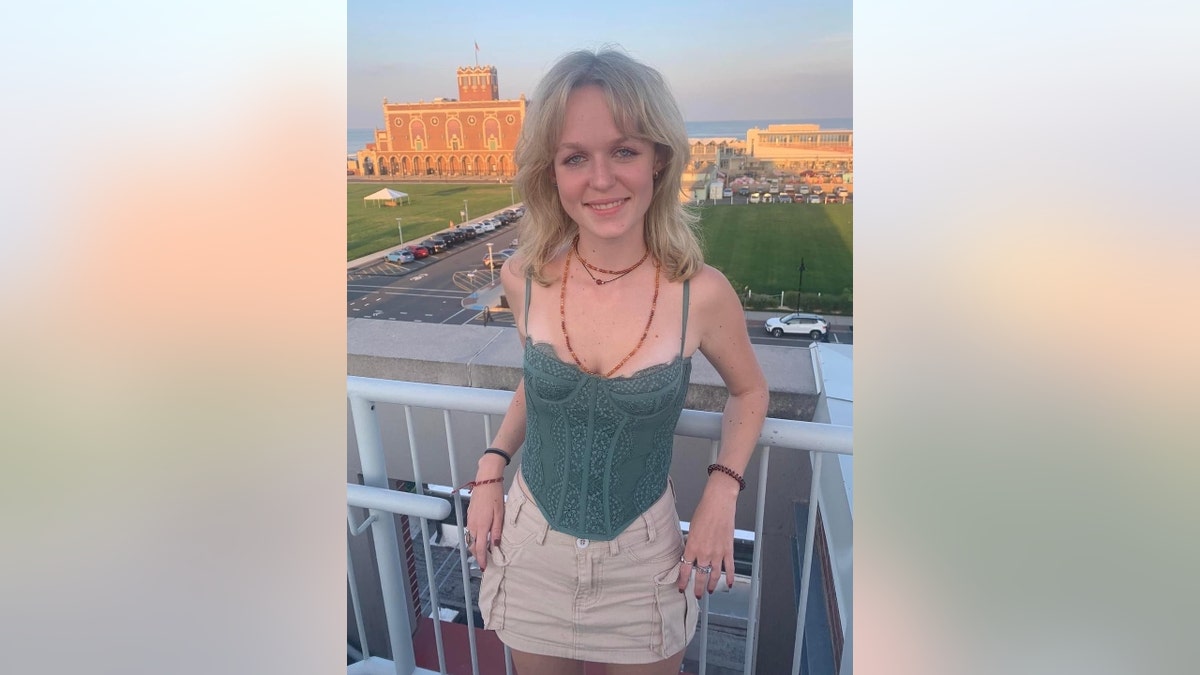Recent research reveals a troubling trend in the Netherlands, where individuals with autism and intellectual disabilities have been euthanized, raising ethical questions about the scope of the country's euthanasia program. A study conducted by specialists at the U.K.'s Kingston University examined several cases, including those of five individuals under 30 who cited autism as a contributing factor in their decision to seek euthanasia.
The Kingston University report highlighted the significant role intellectual disability and/or autism spectrum disorder (ASD) played in these decisions. These factors were identified as the sole reason for suffering in 21% of cases and a major contributing factor in an additional 42%. Disturbingly, in many instances, doctors concluded there was "no prospect of improvement" because these conditions are currently untreatable.

The study elaborated on the reasons behind these euthanasia requests, which often included social isolation, lack of coping mechanisms, inflexibility, and oversensitivity to stimuli. This raises concerns about whether adequate support and resources are being provided to these individuals to help them manage their challenges and improve their quality of life.

One of the report's lead authors, palliative care specialist Irene Tuffrey-Wijne, expressed concern that Dutch doctors are legally ending the lives of patients whose intellectual or mental conditions prevent them from living what is considered a "normal" life. A case in point is a Dutch woman in her 30s with autism and borderline personality disorder whose doctors determined her conditions made forming and maintaining relationships too challenging.

Tuffrey-Wijne acknowledged the suffering of these individuals but questioned whether society should accept euthanasia as the only solution, particularly when alternative support systems could potentially improve their lives. Dutch psychologist Dr. Bram Sizoo expressed alarm at the trend of autistic youths seeking assisted suicide and the growing acceptance of euthanasia, noting some individuals seem to view death as a welcome escape from their struggles.

The Royal Dutch Medical Association's decision to leave euthanasia eligibility largely in the hands of medical professionals, with minimal concrete guidelines, raises further concerns about the potential for inconsistencies and subjective interpretations. This lack of clear oversight underscores the need for a deeper examination of the ethical implications of euthanasia, especially in cases involving vulnerable populations.








